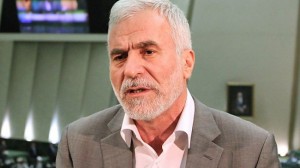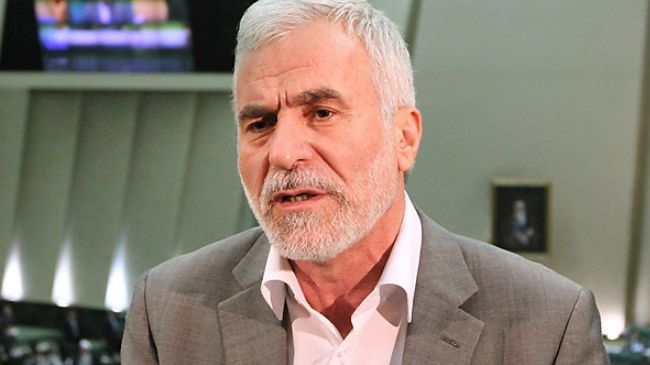 An Iranian legislator says Washington will not be satisfied with the elimination of Syria's chemical weapons stockpiles, describing the US-Russia deal on destroying the Arab country's chemical arsenal as non-binding.
An Iranian legislator says Washington will not be satisfied with the elimination of Syria's chemical weapons stockpiles, describing the US-Russia deal on destroying the Arab country's chemical arsenal as non-binding.On Monday, a member of Iran Majlis National Security and Foreign Policy Committee Evaz Heidarpour said US officials kept making threats of military actions against Iran and other Muslim countries, like Syria, in the aftermath of the 9/11 attacks, but never put such threats into play.
Following wars in Afghanistan and Iraq and the heavy losses inflicted there, the US opted not to attack other countries. Therefore, the US threats of a war against Syria are nothing but political bluff, he pointed out.
The Iranian lawmaker further noted that US agreement to negotiations and the Geneva 2 conference in order to work out a political solution to the Syrian crisis attest to the fact that Washington has suffered another heavy defeat from the resistance front in Syria.
The US policy is not restricted to the disarmament of the Syrian chemical weapons, and Americans are seeking to assess all aspects of Syrias military might , Heidarpour commented.
He said Western colonial powers have long restored to threats of military actions against other countries in order to pursue their interests, terming US threats of a war against Syria as a lot of hot air.
Russia and the US agreed on Saturday in Geneva on a deal to eliminate Syrias stockpile of chemical weapons by mid-2014.
Based on the agreement, Damascus has one week to hand over the details of its chemical weapons to international inspectors. Syria has already accepted the proposal, which was initially put forward by Russia as a way to head off Washingtons possible use of force against Damascus.
Washington and Moscow have also agreed to adopt a UN Security Council resolution backed up by the threat of unspecified sanctions in the event of Syria's noncompliance.
Russia, however, has said that it will block any move to write an explicit authorization for the use of military force into the resolution.
The war rhetoric against Syria gained momentum on August 21, when the militants operating inside the country and the foreign-backed Syria opposition claimed that over a thousand people had been killed in a government chemical attack on militant strongholds on the outskirts of Damascus.
Damascus has repeatedly said the deadly attack was a false-flag operation carried out by the Takfiri groups in a bid to draw in foreign military intervention.
By Press TV
The Iran Project is not responsible for the content of quoted articles.











